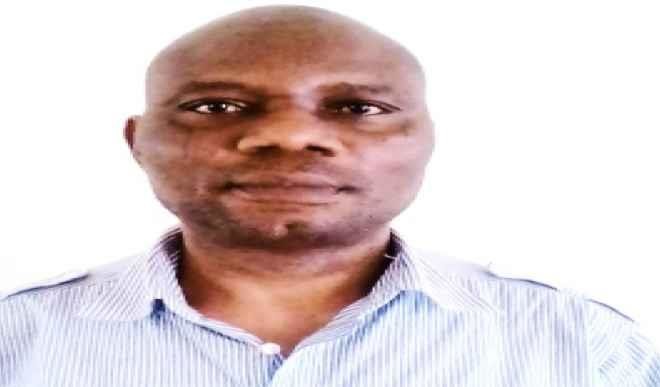Why my book is for the working class – Ameh
Bookshelf: How would you describe your work? Comrade Ogbu Alexander Ameh: I describe it as a fusion of fact and fiction, known as faction. In the narrative, there are parts that are fictional but embedded in fact. It borders on contemporary historical issues, nationally and globally. That was the force behind the inspiration. I tried […]


Bookshelf: How would you describe your work?
Comrade Ogbu Alexander Ameh: I describe it as a fusion of fact and fiction, known as faction. In the narrative, there are parts that are fictional but embedded in fact. It borders on contemporary historical issues, nationally and globally. That was the force behind the inspiration. I tried to do something unique with my work.
Bookshelf: What did it take to draw a line between fiction and fact?
Ameh: The protagonist In the story tells his life experience where he also acted as an arbitrator, an observer and a critic, giving his views about his observations in the course of the narration.
Bookshelf: Your central character is Ojireto. How fictional is this character?
Ameh: We are told that a good author should try to detach himself from his story. However, we are admonished that those we relate with in real life, the situation and environment, are part of the totality of your muse. The name Ojiretor came from a community in Benue State where I did my teaching practice. There, headmaster means ojiretor. I was intrigued by their vocabulary because we don’t have an equivalent of that word in my dialect.
Bookshelf: Your work seems like an autobiography…
Ameh: Not really. I tried to contextualise the lives of young people who move from rural to urban communities for a better life. I am one of them. So, my experience is that of a segment of the society. Every young man who passes through the economic and social realities in the story is an ojiretor. In other words, the central character’s experience represents that of some young Nigerians. My experience within the workers union in Nigeria found its way into the book. This is why there was some activism in the book. The struggle and emancipation of the working class was loud also, agitations, protests, symposiums and meetings is a part of my life and was imbedded in the central character.
Bookshelf: What level of research did you need to complete the work?
Ameh: In our meetings we discuss the state of the nation, global issues, and ideological perspectives and so on. We also attend boot camps to enable us gain more knowledge and mobilise workers. I am a member of the editorial team in our theoretical organ where we publish consistently and give to workers. These all served as part of my research.
Bookshelf: What do you hope to achieve with your book?
Ameh: In the course of my involvement in the working class struggle for a better or alternative social system, I have read extensively and listened to more enlightened members. So, it is my contribution to the on-going conversation. I hope, through this, people’s consciousness will be enriched and workers would understand their relationship with the ruling class, their role in the society through the eyes of the protagonist and his reaction to what he feels is wrong in the society.
